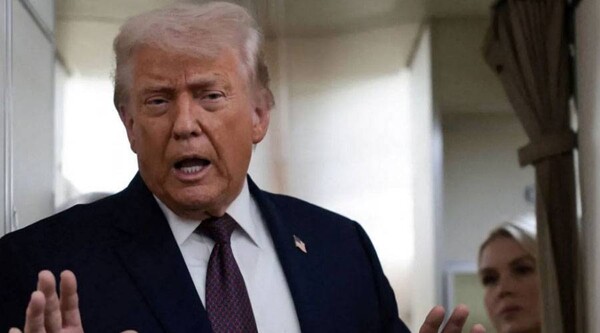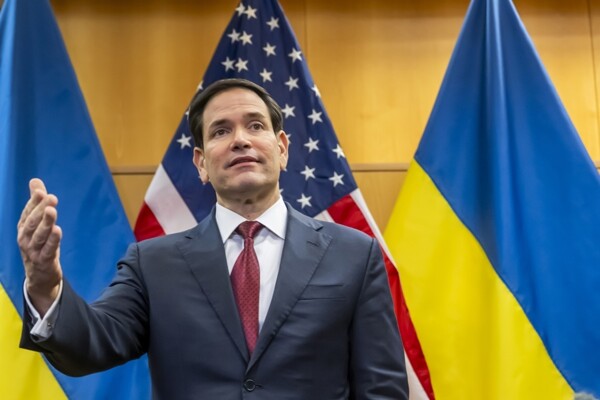
The recent increase in tariffs imposed by the United States on exports from Mexico, Canada, and China has generated uncertainty and concern in international financial markets. Experts point out that this measure, which aims to protect the U.S. industry and pressure foreign governments to improve trade terms, could have serious long-term consequences.
There are fears that the unilateral imposition of tariffs may weaken trade ties and cause imbalances in global supply chains, built over decades. Additionally, a potential inflationary escalation and the need for immigrant labor are observed, which could generate internal tensions in the United States, given the rejection of certain sectors towards immigration.
The historian warns about the similarities between the present and past eras, such as the imposition of tariffs in the 1920s, which contributed to intensifying the Great Depression and facilitating the rise of authoritarian regimes in Europe. Reducing international relations to a zero-sum logic and emphasizing power at the expense of other aspects, such as cooperation and fair exchange, pose significant challenges in the current landscape.
The decision by the United States to withdraw from international agreements and resort to protectionist measures could have long-term repercussions on global stability and the country's ability to face geopolitical and economic challenges. The lack of rationality in the decisions made by the current administration generates uncertainty and questions about the future of international relations and the global economy.














